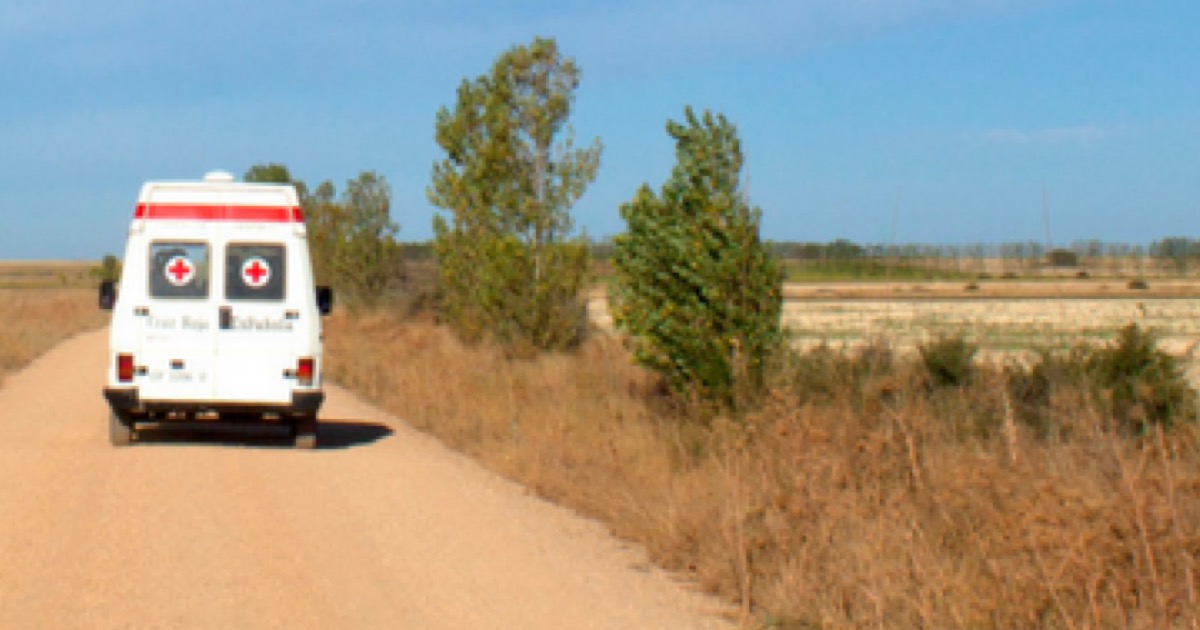Advancing EMS Through Research: Volume IV

The "Advancing EMS Through Research" series highlights EMS eduational research projects conducted at our annual Fisdap Research Summit. To view more research projects, please visit: http://www.fisdap.net/research/projects.
The following abstract was developed during the 2011 Research Summit and presented at the 2011 NAEMSE Symposium in Reno, NV.
Let ‘em Play in the Street: Optimizing Internship Rotations for Paramedic Student Competency
Ron Lawler; Virginia Burke; Richard Chambers; Kathleen Hanson; Steve Kanarian; Carl Pond; Sandi Wewerka
Introduction
To accomplish the goal of producing competent paramedics, paramedic programs strive to optimize clinical opportunities in settings where clinical hours are limited and competitively shared with other allied health programs. Previous research has shown positive correlations between the number of field experiences and exam success up to the NREMT level. There is currently nothing in the literature that discusses the optimal learning environments (whether field or hospital) for success on specific sections of the summative paramedic exam.
Hypothesis
Each section of the paramedic summative exam has an optimal training environment, whether in the field or in the hospital, that will predict success with the critical thinking questions on that portion of the exam.
Methods
A retrospective review of student records from FISDAP™, a national database of prospectively reported internship experiences, was completed. 1,515 student’s data met the inclusion criteria for analysis: 1) graduated from paramedic program, 2) valid CPE exam and critical thinking scores, 3) clinical data from field and hospital experiences and 4) student provided consent for research. Students prospectively self-reported internship data during their field and hospital experiences. Data queried from FISDAP included all patient assessments, team leads, and scores on the critical thinking questions of the CPE exams. CPE sections analyzed included cardiology, airway, medical, OB/peds, and trauma. FISDAP defines critical thinking questions as “application and problem solving test items as defined by Bloom’s taxonomy.”
Results
Linear regression analyses indicate that in every category, field assessments led to statistically significant increases in critical thinking scores (range = 0.2%-0.4% increase per field assessment). Team leads increased the score even more (range = 0.2-0.5% increase per team lead). Hospital experiences had no effect on critical thinking scores in any section, regardless of the number of hospital experiences completed.
Conclusion
The initial hypothesis that the hospital environment might have a benefit in some sections of the CPE, was not supported by the data. Program directors interested in increasing student critical thinking need to plan a higher ratio of field experiences than hospital-based experiences.
Hungry for more EMS research? View more Fisdap Research Summit projects, or sign up for next month’s Prehospital Care Research Forum (PCRF) Journal Club discussion, sponsored by Fisdap.
